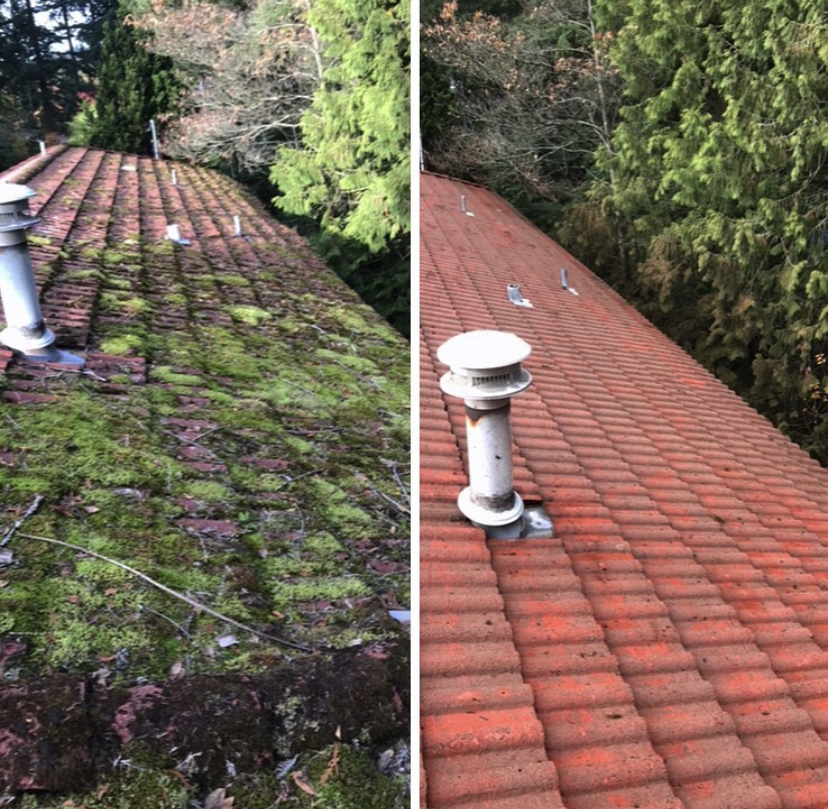Getting My "How to Choose the Right Pressure Washer for Your Needs" To Work

The Environmental Impact of Pressure Washing and How to Minimize It
Stress laundry is a well-liked strategy for cleaning exterior areas such as garages, pathways, decks, and outdoor patios. While it may effectively take out filth and dirt, stress washing also has a adverse impact on the environment. The high-pressure water flow may wash away pollutants and chemicals in to nearby waterways or hurricane drainpipe, leading to water air pollution. In this article, we will certainly explain the environmental effect of pressure laundry and deliver pointers on how to lower it.
1. Water Pollution
Tension washing may lead to water pollution if the wastewater is not adequately disposed of. The wastewater includes soaps, chemicals, oil, oil, and various other toxins that may harm marine life and taint groundwater. If the wastewater circulates right into tornado drains or nearby streams or streams, it can easily induce substantial ecological damages.
To prevent water pollution coming from tension laundry activities:
- Use biodegradable detergents that are safe for vegetations and pets
- Drive the wastewater away coming from storm drainpipe or water body systems
- Pick up the wastewater in a compartment for appropriate disposal
- Stay away from tension clean near sensitive areas such as marshes or flows
2. Power Consumption
Stress washing machines require electrical power or gas to operate, which contributes to greenhouse gas exhausts that lead to temperature improvement. According to the U.S Energy Information Administration (EIA), home power consumption for illumination accounts for around 10% of complete domestic electric power consumption in 2019.
To decrease power consumption when utilizing pressure washers:
- Use electricity stress washers as an alternative of gas-powered ones
- Opt for energy-efficient designs with reduced electrical power intake
- Switch off the equipment when not in usage
3. Noise Pollution
Stress washing machines make loud sound degrees that can easily disturb wild animals and human areas equally. Extended direct exposure to high noise levels can lead to hearing reduction in humans.
To minimize sound pollution during the course of tension washing:
- Select silent versions with lower decibel scores
- Use noise-reducing tools such as earmuffs or earplugs
- Timetable tension laundry tasks throughout off-peak hrs
4. Air Pollution
Gas-powered tension washing machines discharge pollutants such as carbon dioxide monoxide, nitrogen oxides, and particulate matter that may create respiratory concerns and contribute to climate modification. According to the Environmental Protection Agency (EPA), little motors like those located in gas-powered pressure washers are a substantial resource of air contamination.

To minimize air pollution coming from stress washing:
- Select electric styles that do not send out dangerous contaminants
- Make use of gas-powered styles with low emissions or catalytic converters
- Preserve the equipment effectively to make certain it runs properly
In verdict, tension laundry is an successful strategy for cleaning exterior surface areas, but it also has negative influences on the environment. To minimize Found Here , we ought to utilize environmentally pleasant cleaning agents, dispose of wastewater correctly, choose energy-efficient and peaceful designs, and lessen air pollution. Through taking these measures, we can take pleasure in clean outdoor surfaces without damaging the setting.
